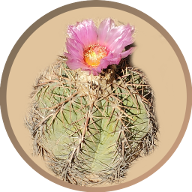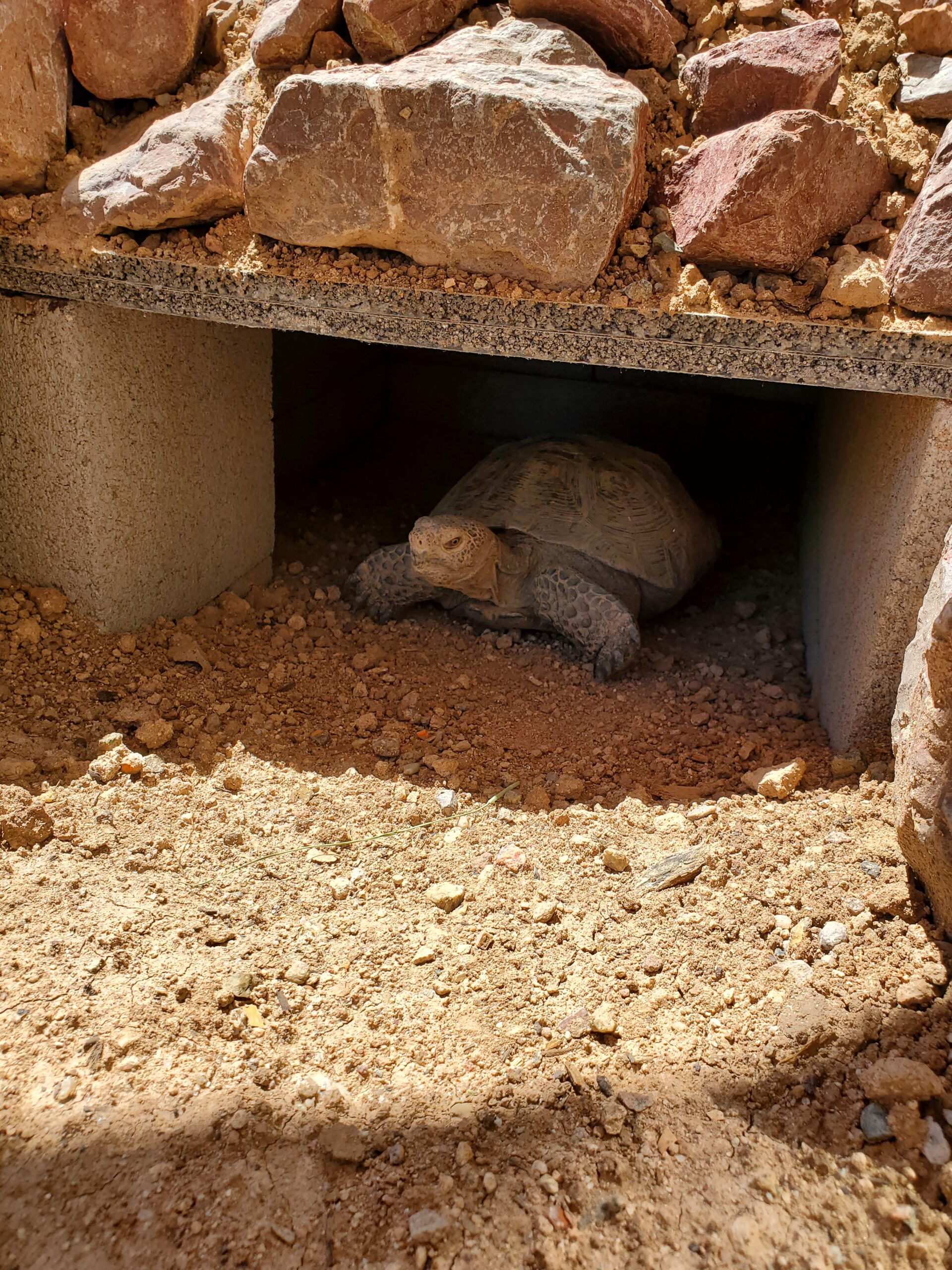 | Sonoran Desert Tortoise (Gopherus morafkai) The Sonoran Desert Tortoise is critically endangered because of human over-development of desert lands. There are a lot of captive Desert Tortoises that cannot be returned to the wild. The Arizona Game & Fish Department and the Arizona Sonoran Desert Museum both offer adoption programs for desert tortoises. I have an adopted tortoise named Hamm that I discuss here. |
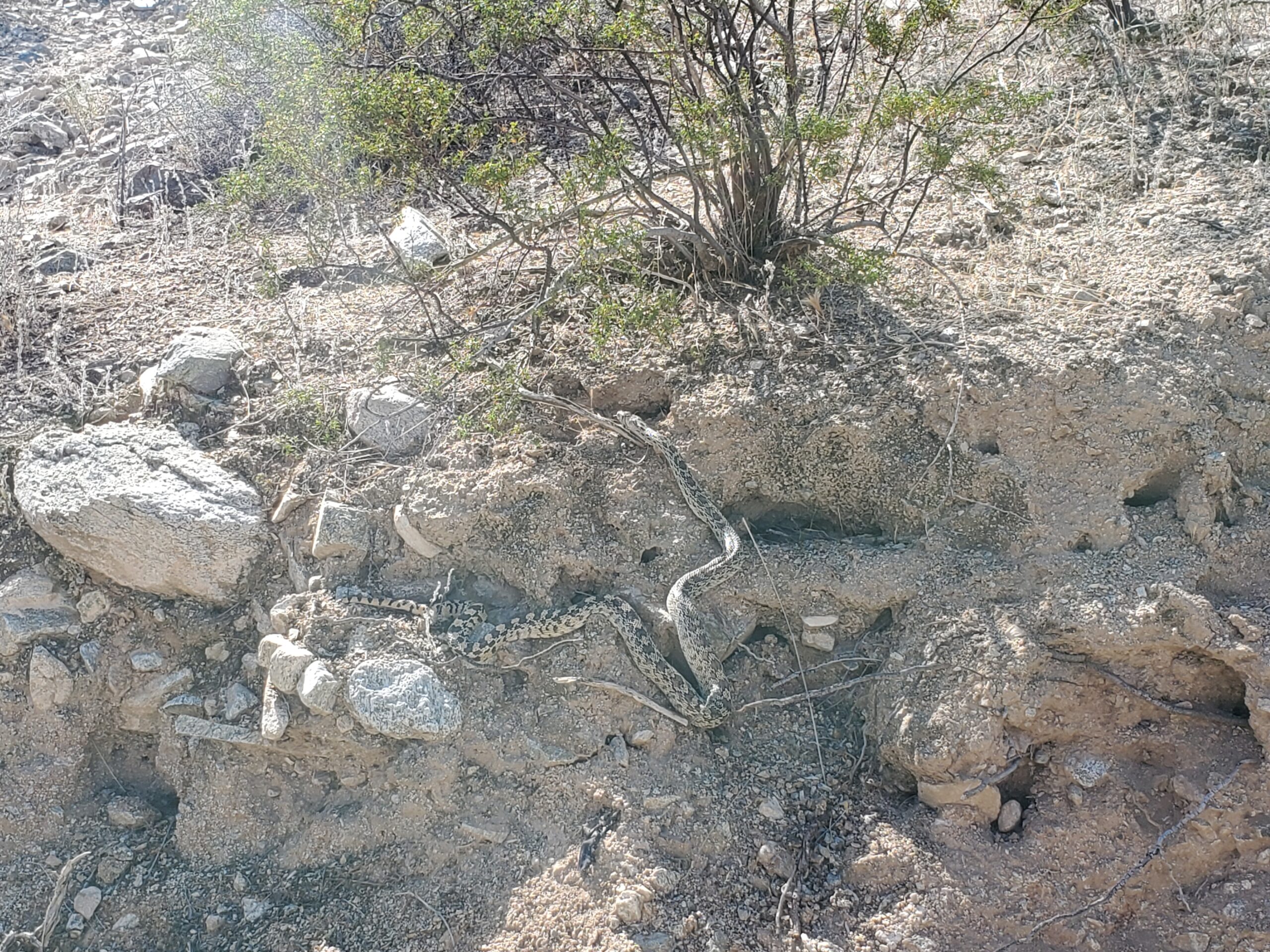 | Western Diamondback Rattlesnake (Crotalus atrox) The western diamondback rattlesnake is one of the more common snakes to find in the southern Arizona deserts. Here it was caught sunning itself on the side of a hill on South Mountain. It is good to observe these snakes from a healthy distance. The easiest way to get bit by a snake is to step on one, so be mindful of your path. |
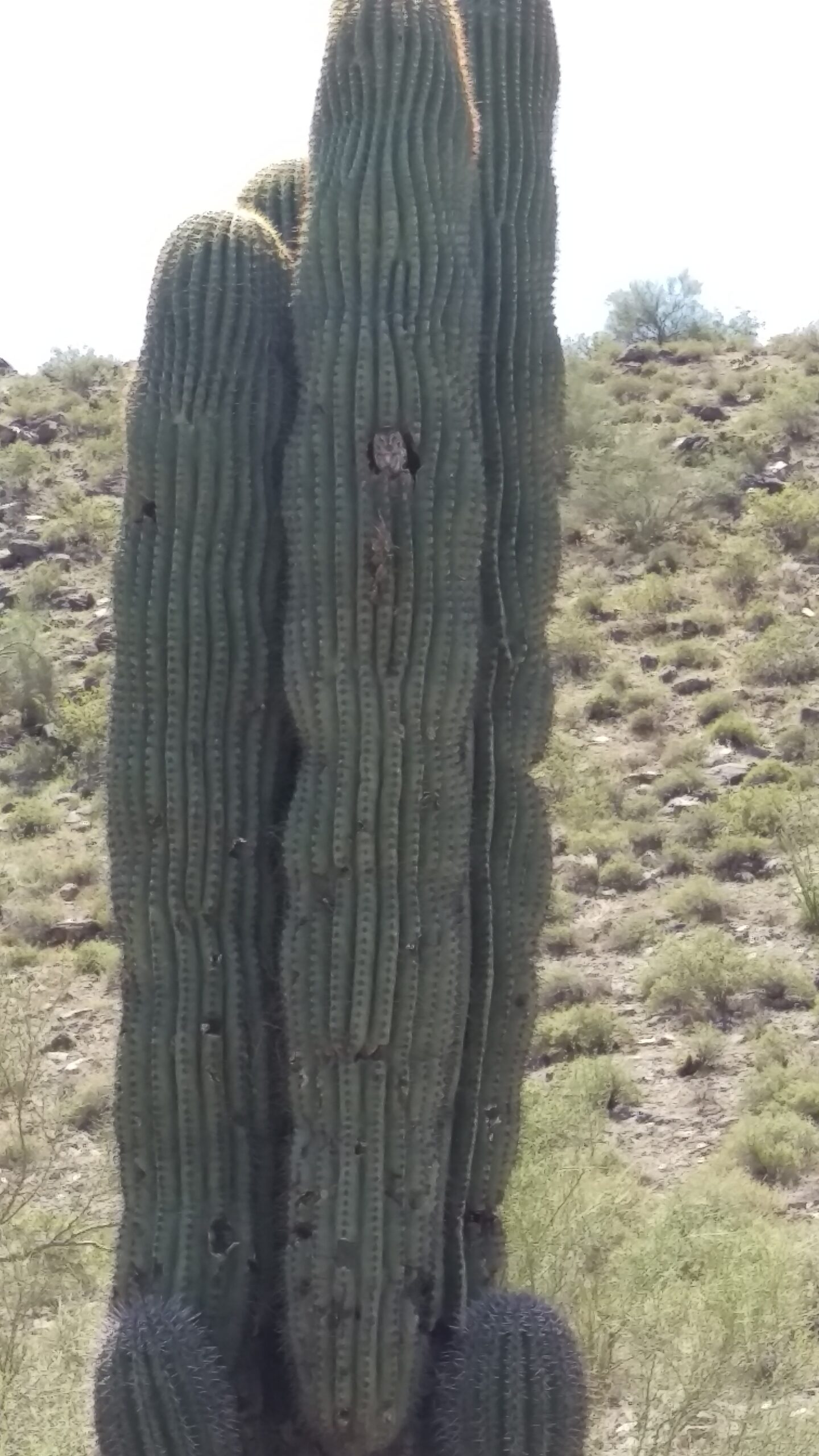 | Elf Owl (Micrathene whitneyi) Can you spot the world’s smallest owl in a hole in the saguaro cactus? Owls are often hard to spot because they are nocturnal. This rare sighting of an elf owl in a Saguaro cactus on South Mountain was fortuitous. They feed on insects and lizards, preferring the low-deserts of southern Arizona. |
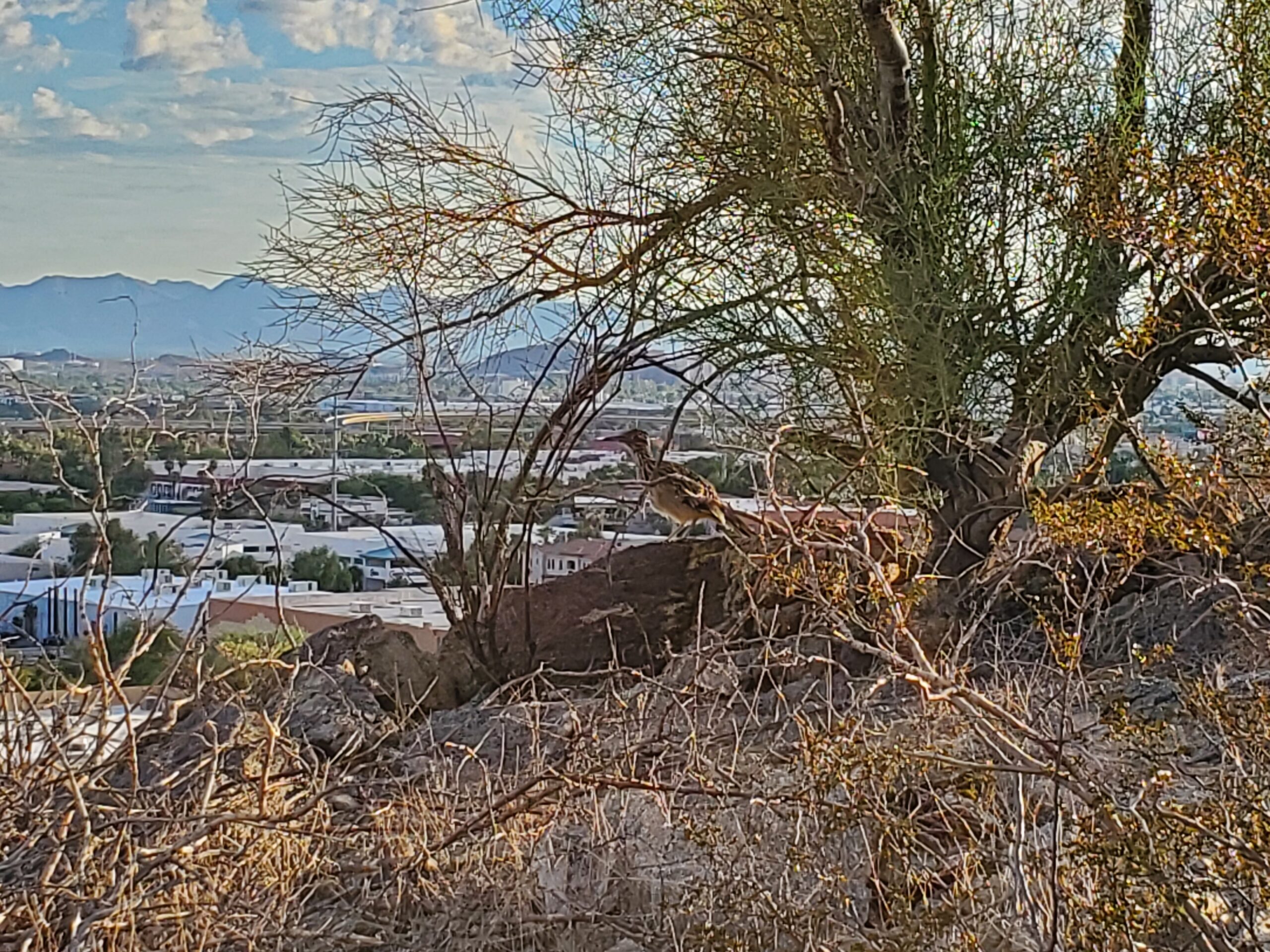 | Roadrunner (Geococcyx californianus) The roadrunner prefers to run along the ground but it is capable of flight. It is an omnivore, eating insects, lizards, snakes, small mammals, fruits, and seeds. They are monogamous and so you can sometimes see them in pairs. |
 | Rock Squirrel (Spermophilus variegatus) They are a large squirrel with a long bushy tail. They live in burrows build into the ground to escape the heat of the desert. This squirrel is an omnivore, eating seeds, mesquite beans, cactus fruit, carrion, eggs, and birds. |
